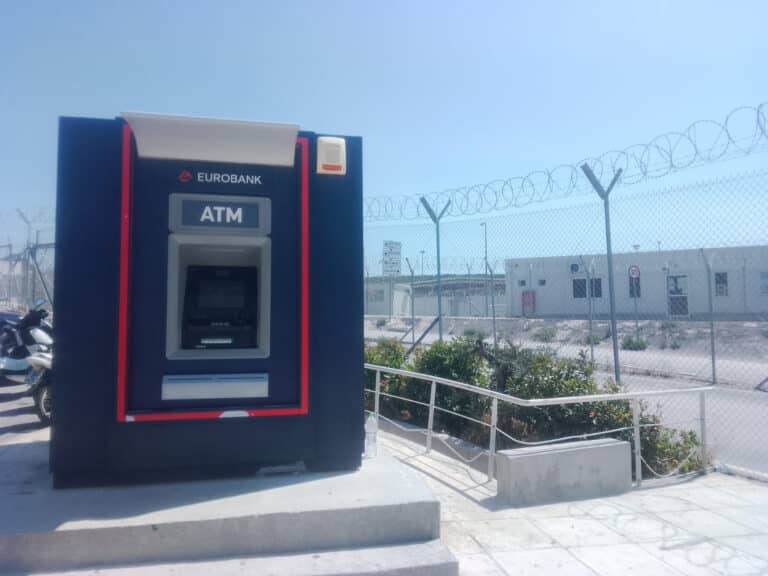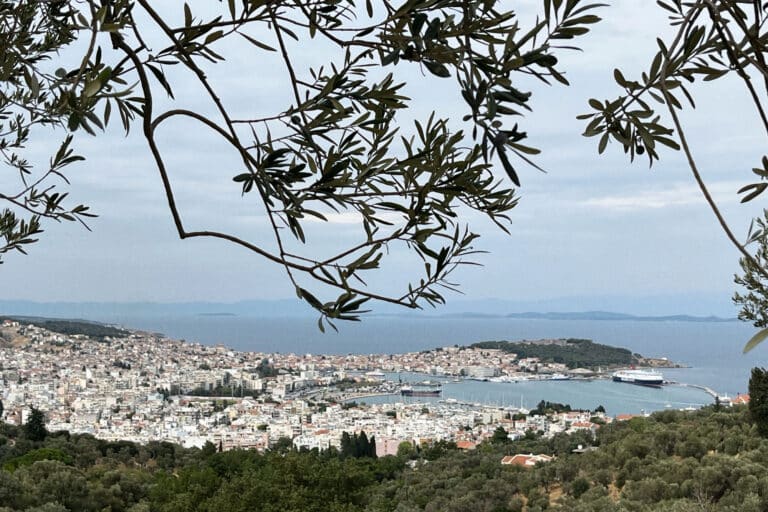CPT – Aegean Migrant Solidarity has published “Deadly End,” a report presenting quantitative and qualitative data on the deaths that occurred in the detention centres of Lesvos, in particular after their conversion into ‘hotspots’ in March 2016. After the EU-Turkey Deal, an agreement that attempted to reduce migration through Turkey to Europe, the ‘hot-spot’ model became the EU’s main approach to migration management.
This report is structured along three axes. First, it is the product of systematic press monitoring and research from March 2016 to September 2020. Secondly, CPT spoke with and interviewed people who were directly or indirectly related to the events described, conducting 12 interviews under the condition of anonymity with migrants, lawyers, doctors and NGO workers. Thirdly, CPT extended the research to relevant academic literature and journalistic articles, while keeping track of existing legislation and the changes that have taken place over the years.
“This crucial report represents the paramount importance of civil society in documenting and archiving the consequences of European migration policy on the lives of people on the move,” noted Nikos Xypolitas, Professor of Sociology at the University of the Aegean.
From March 2016 until September 2020—the end of the Moria Reception and Identification Centre (RIC)—26 people lost their lives while trapped in Moria. Despite the rhetoric of a ‘humanitarian crisis,’ the involvement of civil society through the presence of dozens of NGOs working inside detention centres has failed to make these centres neither ‘humane’ nor sustainable. The general discourse surrounding the deaths in detention centres is that of “isolated incidents,” but CPT’s report defends the opposite: the way in which detention centres were built and operated implicitly foretold of the migrant deaths that followed. In other words, according to the testimonies of interviewees, the distance between life and death becomes dangerously close inside the detention centre. It is precisely this liminal space that CPT attempts to illustrate.
CPT-Aegean Migrant Solidarity partner organization Legal Centre Lesvos (LCL) found the report comes at an important time to reflect on European migrant policies. “This summer, we’ve once again seen an increase in arrivals to Lesvos, resulting in the concentration of people in a highly militarized camp without access to food, information, medical care, and security – reminiscent of the notorious Moria camp. Aegean Migrant Solidarity’s publication of “Deadly End” is a timely reminder of what these policies of containment will inevitably lead to, and an important, thoughtful, and much needed archive to preserve the historical memory of all those whose lives were taken as a result of Europe’s deadly border policies,” commented coordinator of LCL, Lorraine Leete.
In at least nine cases, the conditions of Moria RIC contributed to, if not directly caused, death in the camp. A combination of overcrowding, poor protection from extreme weather, dangerously insufficient infrastructure and politically expedient abandonment were all aspects of the circumstances surrounding these deaths.
Over the study period, there are indications that at least six deaths were the result of possible medical neglect. Within this category, CPT has included cases related to denied or partial access to healthcare.
Two deaths by suicide, documented during the whole period of Moria’s existence and countless attempts, portray a significant deterioration of people’s mental health at the camp.
Seven cases of murder prove that Moria’s RIC has never been a safe place to live. The fear of life and battle for survival that accompanies asylum seekers throughout their journey to Europe continues with the same intensity even after their arrival on European territory.
This research aims to contribute to a more comprehensive assessment of the crimes of European and Greek migration policy, especially as we face a new era of detention centres as a primary method of managing migration under the name Closed Controlled Access Centres (CCAC). CPT-Aegean Migrant Solidarity considers it essential to record and investigate as much as possible to keep these incidents alive and serve as a part of historical memory.



